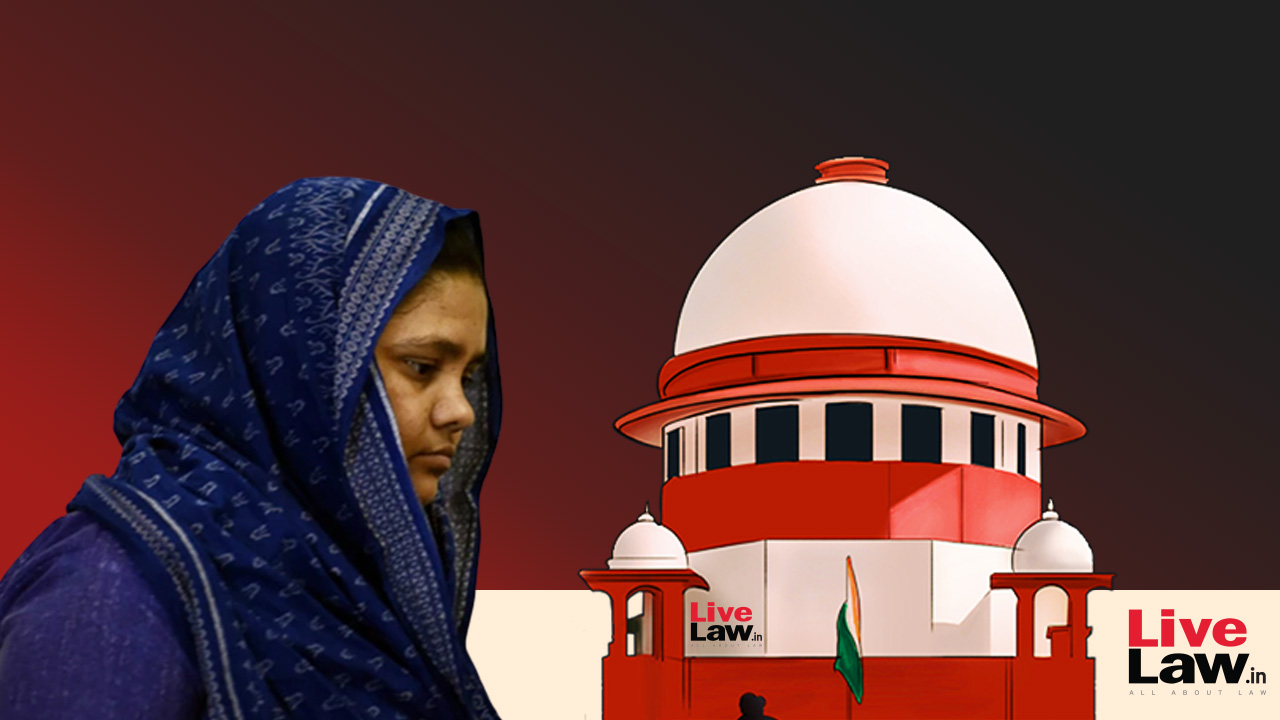Reviewing remission : On the need for norms to release convicts
Supreme Court should lay down norms for release of convicts on remission
Public-spirited activists have done well to challenge in the Supreme Court the premature release of 11 convicts who were serving life terms for the gang-rape of a woman and the murder of at least seven people during the 2002 anti-Muslim pogrom in Gujarat. Bilkis Bano, the survivor, has not moved the courts so far, but it is clear that the controversial order of the Gujarat government, granting remission to the convicts, should be subject to judicial review. That those found guilty of multiple murders, including that of a three-year-old child, and a gang-rape, were found suitable candidates for premature release is unacceptable. Even otherwise there are specific legal grounds to question the government’s decision. The remission was based on a direction from a two-judge Bench of the Supreme Court on a petition by one of the convicts. The question to be decided was whether the Gujarat government or the Maharashtra government was the appropriate government for considering their plea for remission. The Court ruled that the State government of Gujarat, where the crime occurred, should consider the matter, and not Maharashtra, the State to which the trial was transferred by the Supreme Court to ensure an impartial trial. While passing this order, the Bench also said the remission should be considered under a policy framed in July 1992, as that was the prevailing policy on the date of their 2008 conviction. This meant that the bar on granting remission to those convicted for murder and rape, found in the current policy, will not apply to these convicts.
There are at least two grounds on which the remission order appears illegal. First, the State government made a decision on its own without consulting with the Centre. Under Section 435 of the Code of Criminal Procedure, such consultation with the Centre is mandatory in cases probed by the CBI. Further, the composition of the committee that recommended remission for the convicts consisted of two BJP legislators. Ideally, a remission panel should comprise senior government officials in charge of home or law, a district judge, the prison superintendent, and officers who deal with probation and rehabilitation of offenders. The presence of political members certainly vitiates its decision. Further, it appears that the objection of the district judge concerned was disregarded, casting a shadow on the legitimacy of the remission. It will be appropriate if the Supreme Court constitutes a Bench of sufficient size to reconsider judgments that allow the remission policy obtaining on the date of conviction, instead of the policy currently in force; as well as decide the question of whether the ‘appropriate government’ should be the one in the State where the crime took place, or the State to which the trial was transferred on judicial orders. It can also spell out the contours of a rational remission policy, one that will be informed by humanitarian considerations as well as the scope for reform of the offenders and their sense of remorse.
